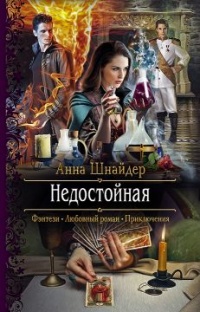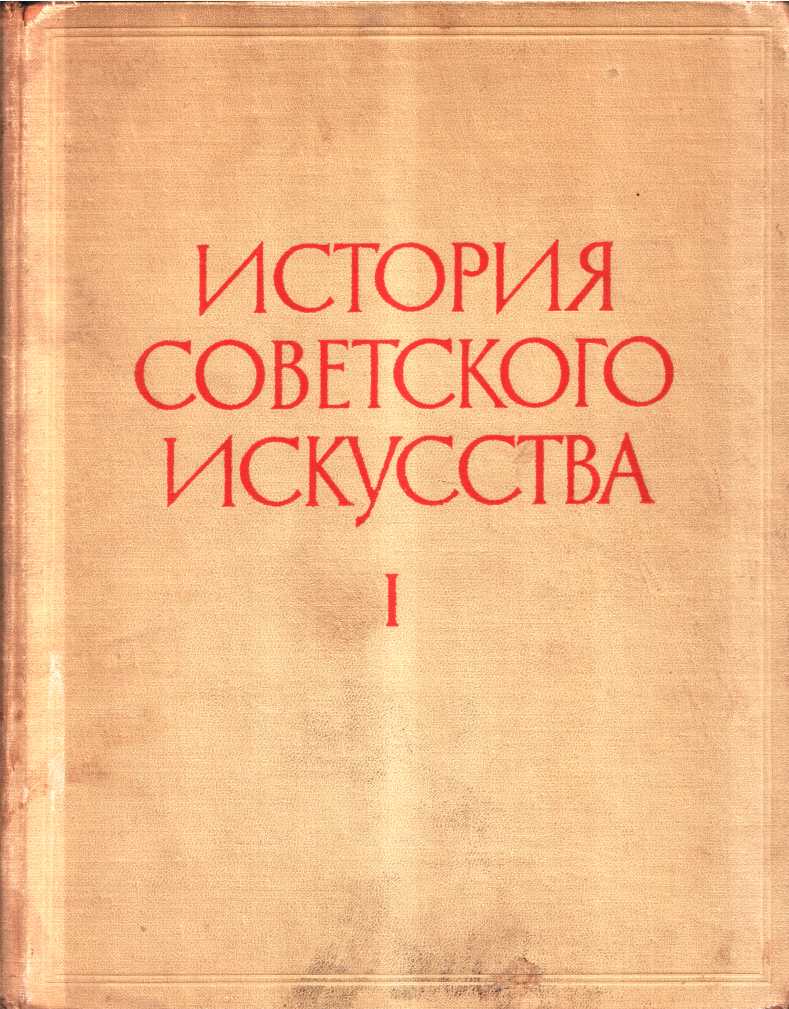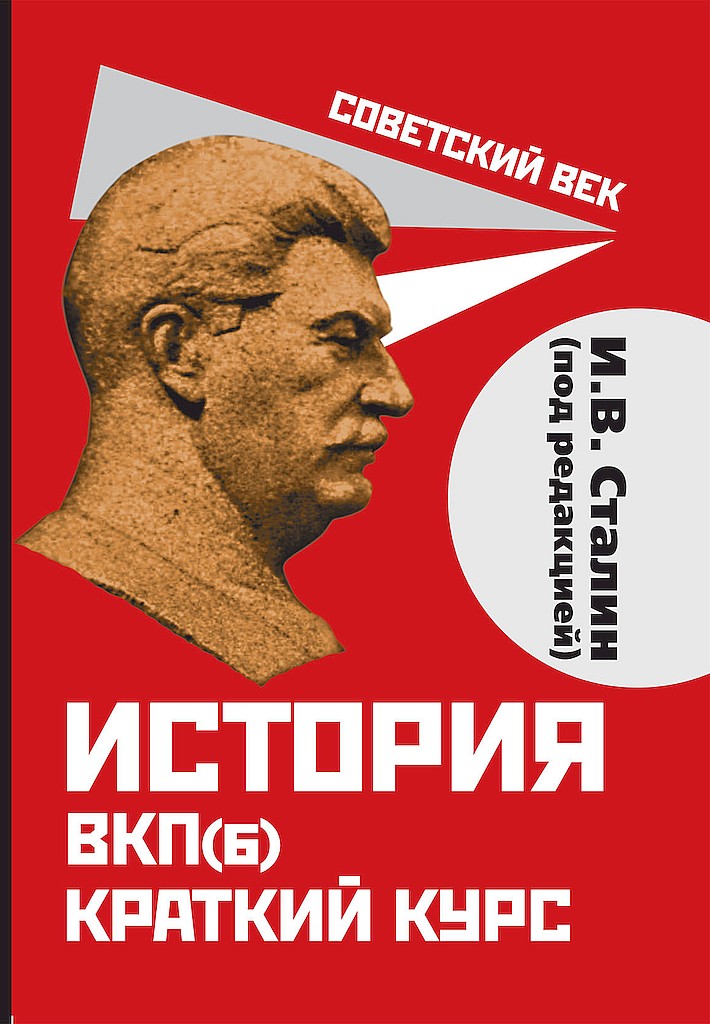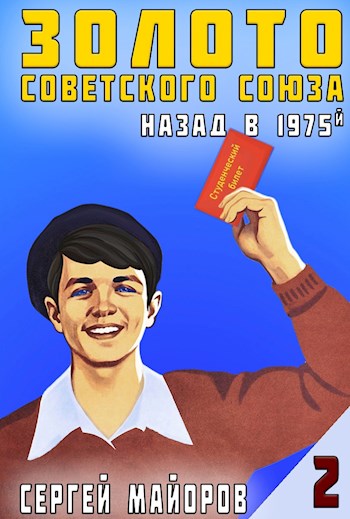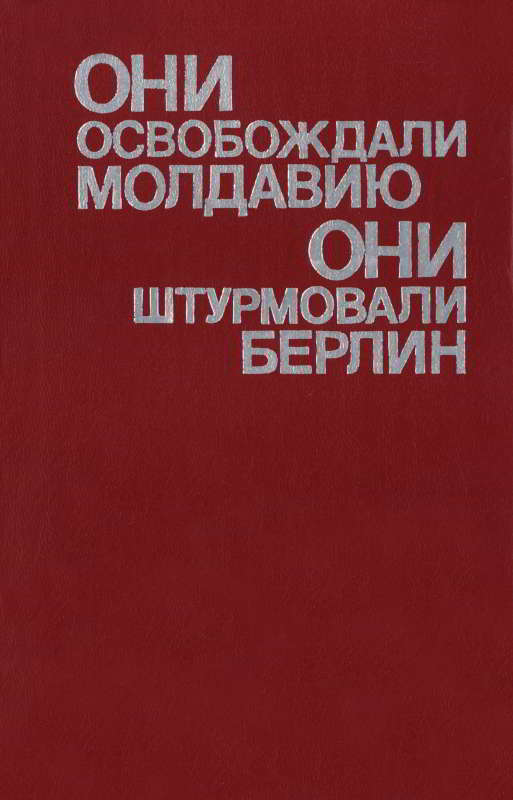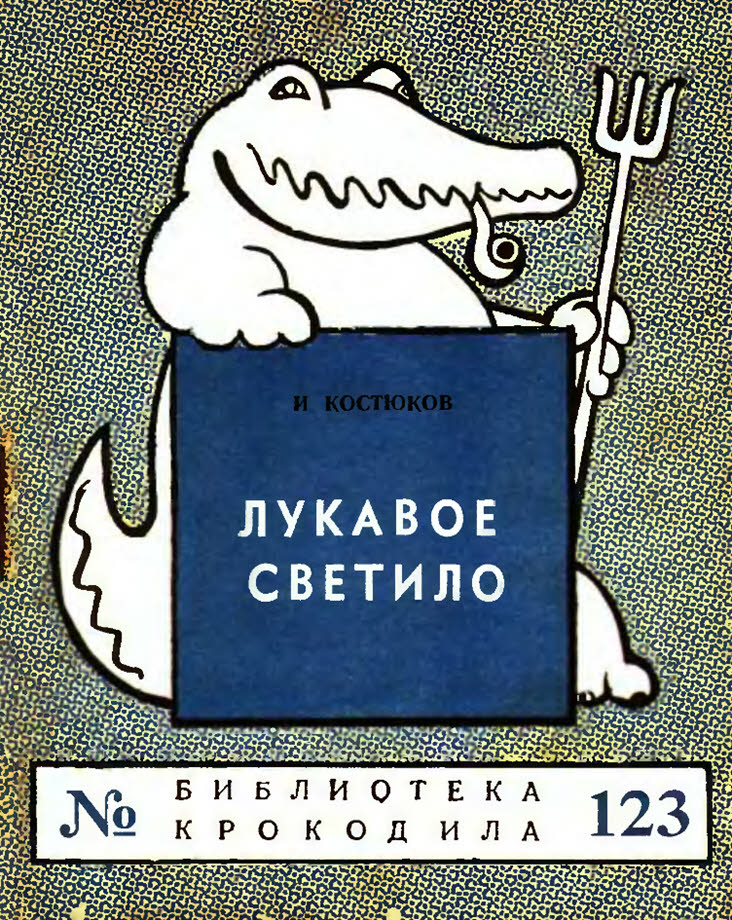Книга Между «Правдой» и «Временем». История советского Центрального телевидения - Кристин Эванс
Шрифт:
Интервал:
Закладка:
Wolfe T. Governing Soviet Journalism: The Press and the Socialist Person After Stalin. Bloomington: Indiana University Press, 2005.
Youngblood D. Movies for the Masses: Popular Cinema and Soviet Society in the 1920s. Cambridge: Cambridge University Press, 1993.
Yurchak A. Everything Was Forever Until It Was No More: The Last Soviet Generation. Princeton, NJ: Princeton University Press, 2005.
Zhuk S. Rock and Roll in the Rocket City: The West, Identity, and Ideology in Soviet Dniepropetrovsk, 1960–1985. Washington, DC: Woodrow Wilson Center Press, 2010.
Zubkova E. Russia After the War: Hopes, Illusions, and Disappointments, 1945–1957. Armonk, NY: M. E. Sharpe, 1998.
Zubok V. Zhivago’s Children: The Last Russian Intelligentsia. Cambridge: Harvard University Press, 2009.
Zweynert J. «Developed Socialism» and Soviet Economic Thought in the 1970s // Russian History. 2014. Vol. 41. № 3. P. 354–372.
Кристин Эванс
МЕЖДУ «ПРАВДОЙ» И «ВРЕМЕНЕМ»
История советского Центрального телевидения
Дизайнер обложки И. Дик
Редактор А. Гуменский
Корректор С. Крючкова
Верстка Д. Макаровский
Адрес издательства:
123104, Москва, Тверской бульвар, 13, стр. 1
тел./факс: (495) 229-91-03
e-mail: real@nlobooks.ru
сайт: nlobooks.ru
Присоединяйтесь к нам в социальных сетях:
Телеграм
VK
Яндекс.Дзен
Youtube
Новое литературное обозрение
1
Подробнее о медиасобытиях см.: Dayan D., Katz E. Media Events: The Live Broadcasting of History. Cambridge: Harvard University Press, 1992. P. 1–24. О телевидении как культуре см.: Carey J. Communication as Culture: Essays on Media and Society. N. Y.: Unwin Hyman, 1989. P. 13–36. О переоценке советской, а затем и российской элитой политического значения телевидения см.: Mickiewicz E. P. Changing Channels: Television and the Struggle for Power in Russia. 2nd ed. Durham, NC: Duke University Press, 1999. P. 13–22.
2
Подробнее об экспериментах в других медиа, искусствах и повседневной жизни в 1960–1970‐х гг. см.: Богомолов Ю. Затянувшееся прощание. Российское кино и телевидение в меняющемся мире. М.: МИК, 2006. С. 141–151; Jones P. The Fire Burns On? The Fiery Revolutionaries Biographical Series and the Rethinking of Propaganda in the Brezhnev Era // Slavic Review. 2015. Vol. 74. № 1. P. 32–56; Yurchak A. Everything Was Forever Until It Was No More: The Last Soviet Generation. Princeton, NJ: Princeton University Press, 2005. P. 10–12 [Юрчак А. Это было навсегда, пока не кончилось: последнее советское поколение / Пер. с англ. М.: Новое литературное обозрение, 2014. С. 48–51. Здесь и далее добавления в квадратных скобках принадлежат переводчику].
3
Об интимности см.: Roth-Ey K. Moscow Prime Time: How the Soviet Union Built the Media Empire that Lost the Cultural Cold War. Ithaca, NY: Cornell University Press, 2011. P. 236–245; Huxtable S. The Problem of Personality on the Soviet Screen, 1950s–1960s // View: Journal of European Television History and Culture. 2014. Vol. 3. № 5. P. 119–130.
4
Yurchak A. Everything Was Forever… P. 47–50 [Юрчак А. Это было навсегда… С. 108–116]; Rolf M. Soviet Mass Festivals, 1917–1991 / Transl. by C. Klohr. Pittsburgh: University of Pittsburgh Press, 2013. P. 188–192.
5
Roth-Ey K. Moscow Prime Time. P. 12–13.
6
Jones P. Myth, Memory, Trauma: Rethinking the Stalinist Past in the Soviet Union, 1953–1970. New Haven: Yale University Press, 2014; Kozlov D. The Readers of Novyi Mir: Coming to Terms with the Stalinist Past. Cambridge: Harvard University Press, 2013.
7
Zubok V. Zhivago’s Children: The Last Russian Intelligentsia. Cambridge: Harvard University Press, 2009. P. 121–160; Wolfe T. Governing Soviet Journalism: The Press and the Socialist Person After Stalin. Bloomington: Indiana University Press, 2005.
8
Roth-Ey K. Moscow Prime Time. P. 13; Wolfe T. Governing Soviet Journalism. P. 109.
9
Petrone K. Life Has Become More Joyous, Comrades: Celebrations in the Time of Stalin. Bloomington: Indiana University Press, 2000; Youngblood D. Movies for the Masses: Popular Cinema and Soviet Society in the 1920s. Cambridge: Cambridge University Press, 1993; Gronow J. Caviar with Champagne: Common Luxury and the Ideals of the Good Life in Stalin’s Russia. N. Y.: Bloomsbury Academic, 2003; Pleasures in Socialism: Leisure and Luxury in the Eastern Bloc / Ed. by D. Crowley, S. E. Reid. Evanston, IL: Northwestern University Press, 2010. О праве на отдых см.: Roth-Ey K. Moscow Prime Time. P. 279; Gumbert H. Envisioning Socialism: Television and the Cold War in the German Democratic Republic. Ann Arbor: University of Michigan Press, 2014. P. 11.
10
Edelman R. Spartak Moscow: A History of the People’s Team in the Workers’ State. Ithaca, NY: Cornell University Press, 2009. P. 8. О том, как это было реализовано на телевидении ГДР, см.: Gumbert H. Envisioning Socialism. P. 10–11.
11
The Thaw: Soviet Society and Culture During the 1950s and 1960s / Ed. by E. Gilburd, D. Kozlov. Toronto: University of Toronto Press, 2013. P. 18–81; Jones P. Myth, Memory, Trauma. P. 258–261; Bittner S. The Many Lives of Khrushchev’s Thaw: Experience and Memory in Moscow’s Arbat. Ithaca, NY: Cornell University Press, 2008. P. 1–13; Lovell S. In Search of an Ending: Seventeen Moments and the Seventies // The Socialist Sixties: Crossing Borders in the Second World / Ed. by A. E. Gorsuch, D. P. Koenker. Bloomington: Indiana University Press, 2013. P. 303–321.
12
Bushnell J. The «New Soviet Man» Turns Pessimist // The Soviet Union Since Stalin / Ed. by S. F. Cohen, A. Rabinowitch, R. Sharlet. Bloomington: Indiana University Press, 1980. P. 179–199; Zubok V. Zhivago’s Children. P. 297–334. О разочаровании среди советских туристов после 1968 г. см.: Appelbaum R. A Test of Friendship: Soviet-Czechoslovak Tourism and the Prague Spring // The Socialist Sixties: Crossing Borders in the Second World / Ed. by A. E. Gorsuch, D. P. Koenker. Bloomington: Indiana University Press, 2013. P. 213–232.




















